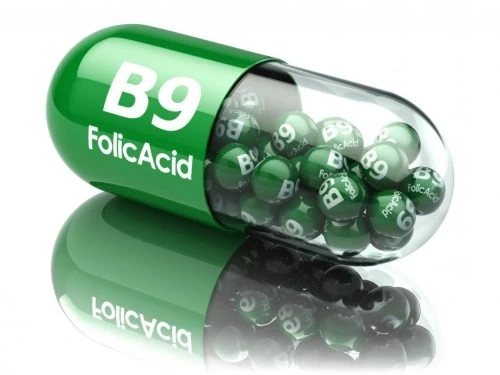The realm of health and wellness, Human Chorionic HCG Injections Gonadotropin (HCG) injections have gained significant attention for their diverse therapeutic applications. From fertility treatments to weight management, HCG injections offer a range of benefits that merit exploration and understanding. In this comprehensive guide, we delve into the intricacies of HCG injections, their mechanisms of action, therapeutic uses, and potential considerations.
Understanding HCG:
HCG is a hormone naturally produced by the placenta during pregnancy. Its primary function is to support the development of the fetus and maintain hormonal balance during pregnancy. However, synthetic forms of HCG are also used for various medical purposes outside of pregnancy.
Mechanism of Action:
HCG injections work by mimicking the action of luteinizing hormone (LH), a hormone produced by the pituitary gland. In women, LH triggers ovulation, the release of mature eggs from the ovaries, and the production of progesterone to support pregnancy. In men, LH stimulates the production of testosterone in the testes.
Therapeutic Uses:
1. Fertility Treatments: One of the most well-known uses of HCG injections is in fertility treatments. In women undergoing assisted reproductive technologies such as in vitro fertilization (IVF) or intrauterine insemination (IUI), HCG injections are used to trigger ovulation, increasing the chances of conception.
2. Hypogonadism Treatment: In men with hypogonadism, a condition characterized by low testosterone levels, HCG injections can stimulate the production of testosterone in the testes. This can help alleviate symptoms such as low libido, fatigue, and muscle weakness.
3. Weight Management: HCG injections have also been used for weight management, although their efficacy and safety for this purpose are controversial. Some weight loss programs advocate for the use of HCG injections in conjunction with a very low-calorie diet, claiming that it can help suppress appetite and promote fat loss while preserving lean muscle mass. However, more research is needed to fully understand the effects of HCG on weight loss and its potential risks.
Considerations and Precautions:
1. Medical Supervision: HCG injections should only be administered under the supervision of a qualified healthcare provider. Proper dosage and monitoring are essential to ensure safety and effectiveness, particularly in fertility treatments and hormone replacement therapy.
2. Potential Side Effects: Like any medication, HCG injections can cause side effects. These may include headache, fatigue, breast tenderness, and injection site reactions. In rare cases, more serious side effects such as ovarian hyperstimulation syndrome (OHSS) or blood clots may occur.
3. Pregnancy and Breastfeeding: HCG injections are contraindicated during pregnancy and breastfeeding due to their potential effects on hormone levels. Women who are pregnant or breastfeeding should not use HCG injections unless specifically directed by their healthcare provider.
HCG injections offer a range of therapeutic benefits, from supporting fertility treatments to managing hormonal imbalances. However, it is essential to use them judiciously and under medical supervision to ensure safety and effectiveness. As research continues to expand our understanding of HCG and its applications, it is likely that new uses and guidelines for HCG injections will emerge, further enhancing their role in medical practice.



